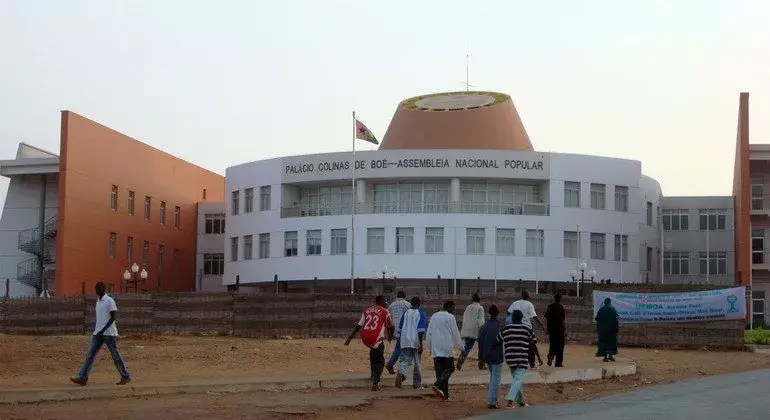National Assembly of Guinea

- The National Assembly of Guinea, located in Conakry, serves as the legislative body of the country’s government, playing a crucial role in shaping national laws, policies, and governance. As the principal institution of Guinea’s unicameral parliamentary system, the assembly is responsible for debating and passing laws, overseeing government activities, and representing the interests of the Guinean people. The building itself is an important symbol of democracy and governance, standing as a testament to Guinea’s political evolution since gaining independence in 1958.
- The National Assembly consists of elected representatives from various political parties, who are tasked with enacting legislation, approving the national budget, and ensuring that the executive branch operates within the framework of the country’s constitution. The political landscape in Guinea has undergone several transformations over the years, with the National Assembly playing a central role in both periods of stability and political transition. Key parliamentary sessions, committee meetings, and official discussions take place within the building, where lawmakers debate policies affecting education, healthcare, infrastructure, and economic development.
- Architecturally, the National Assembly building in Conakry reflects a blend of modern functionality and traditional influences. While it may not be as visually grand as some other government structures, it holds immense symbolic and political significance. The building is located in an area surrounded by other key government institutions, making it a central hub for Guinea’s legislative and administrative affairs. During special occasions such as Independence Day celebrations or official state visits, the assembly becomes a focal point for national decision-making and diplomacy.
- Although the National Assembly of Guinea is not typically open to the general public, it remains a critical institution in the country’s political framework. Visitors interested in Guinea’s governance can learn about its legislative processes, past elections, and key political figures through external research, government publications, or discussions with locals. As the center of legislative authority, the National Assembly serves as a pillar of Guinea’s democracy, reflecting the aspirations and challenges of its people while shaping the future of the nation.
